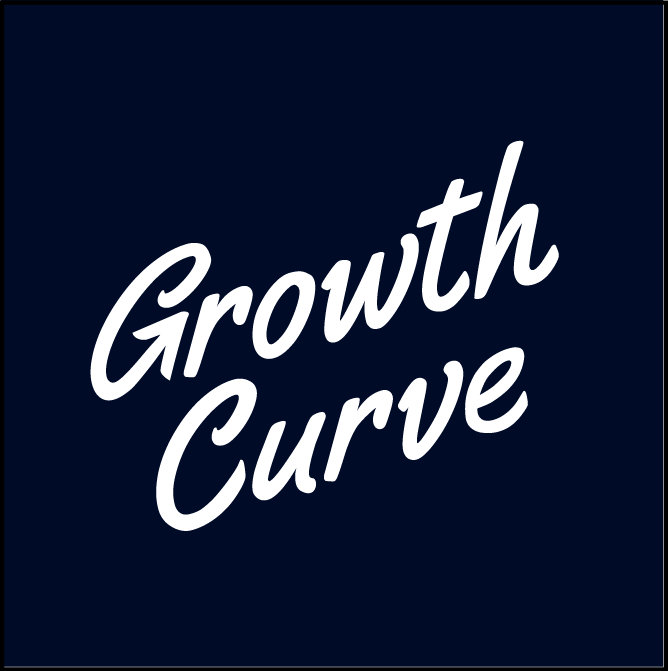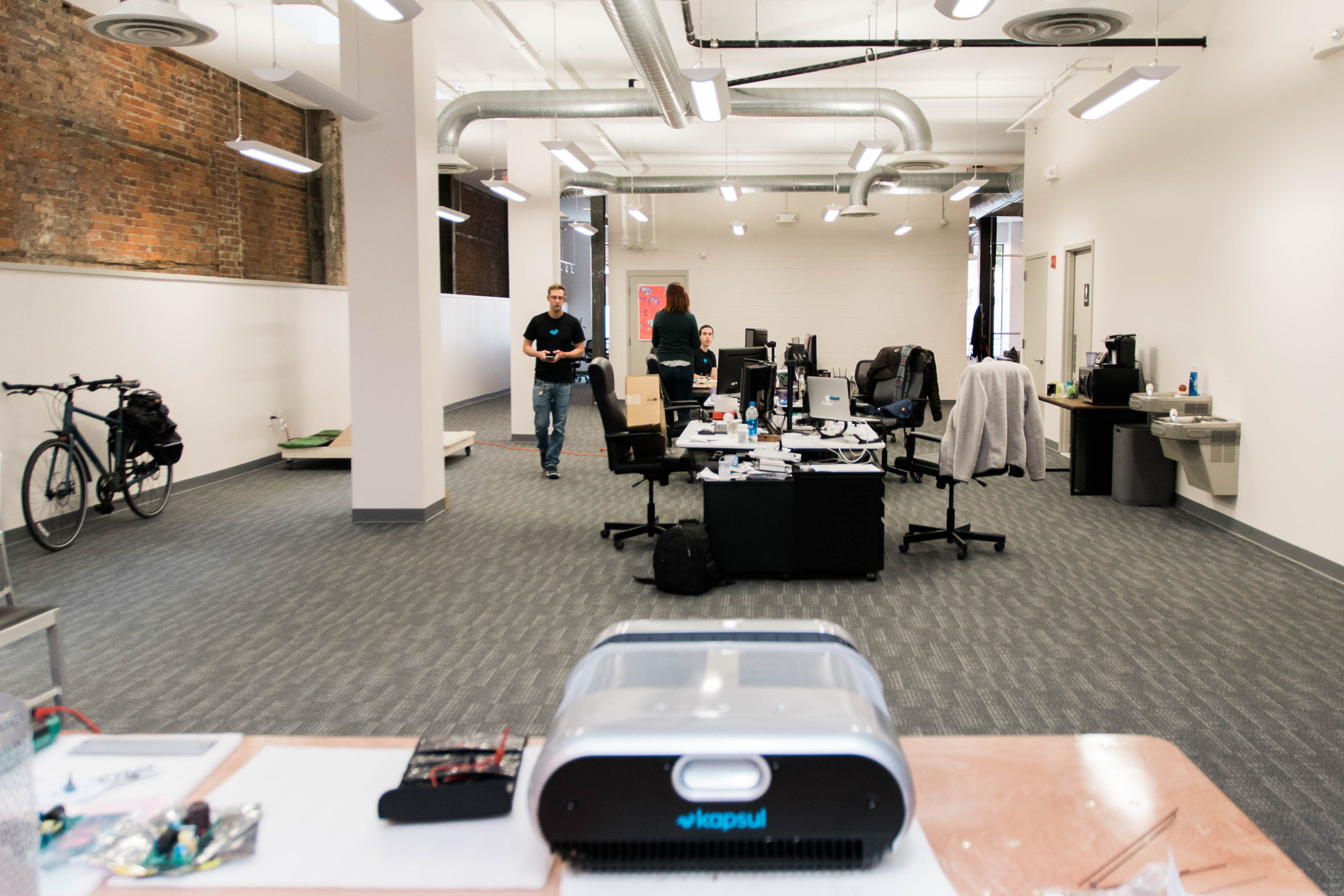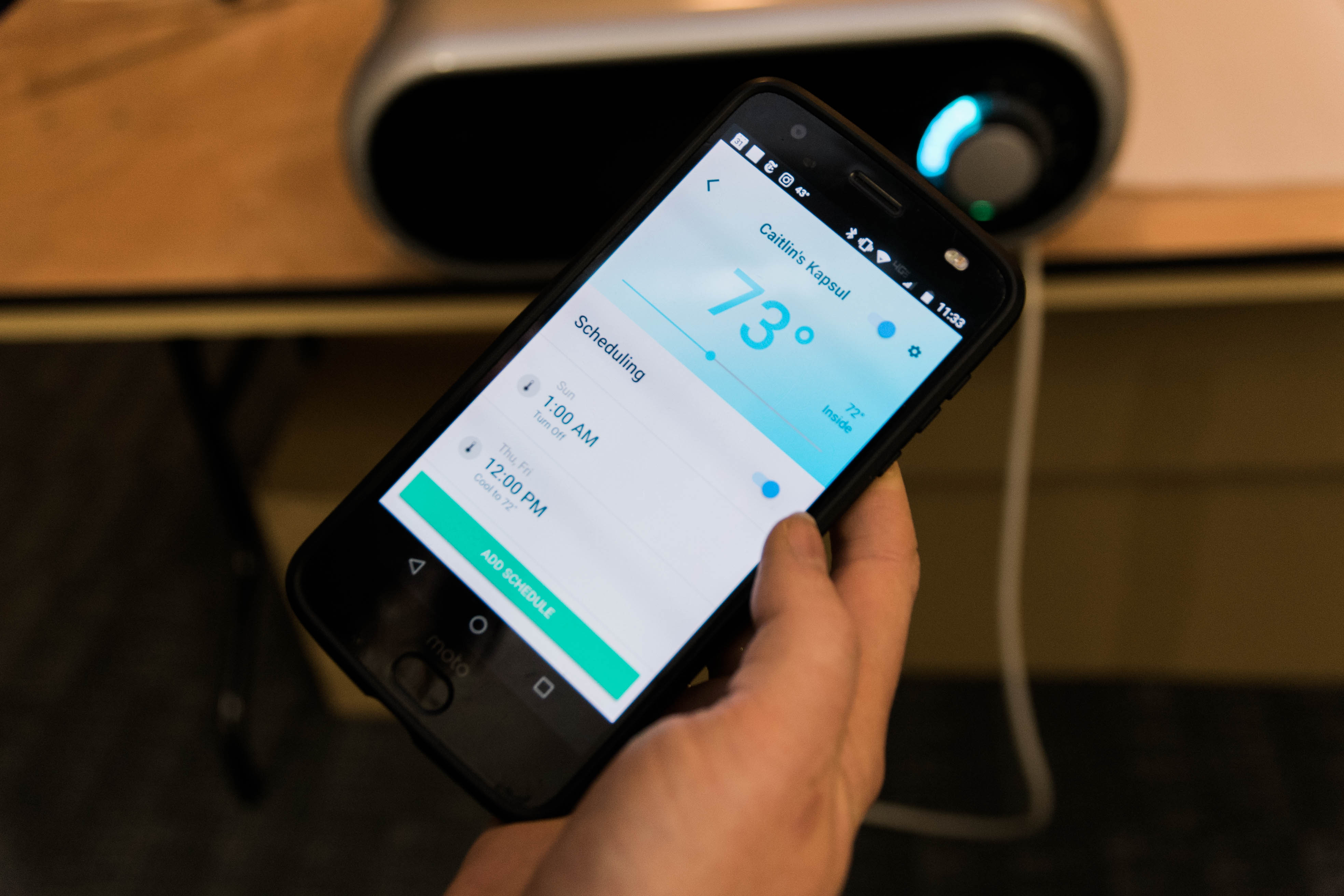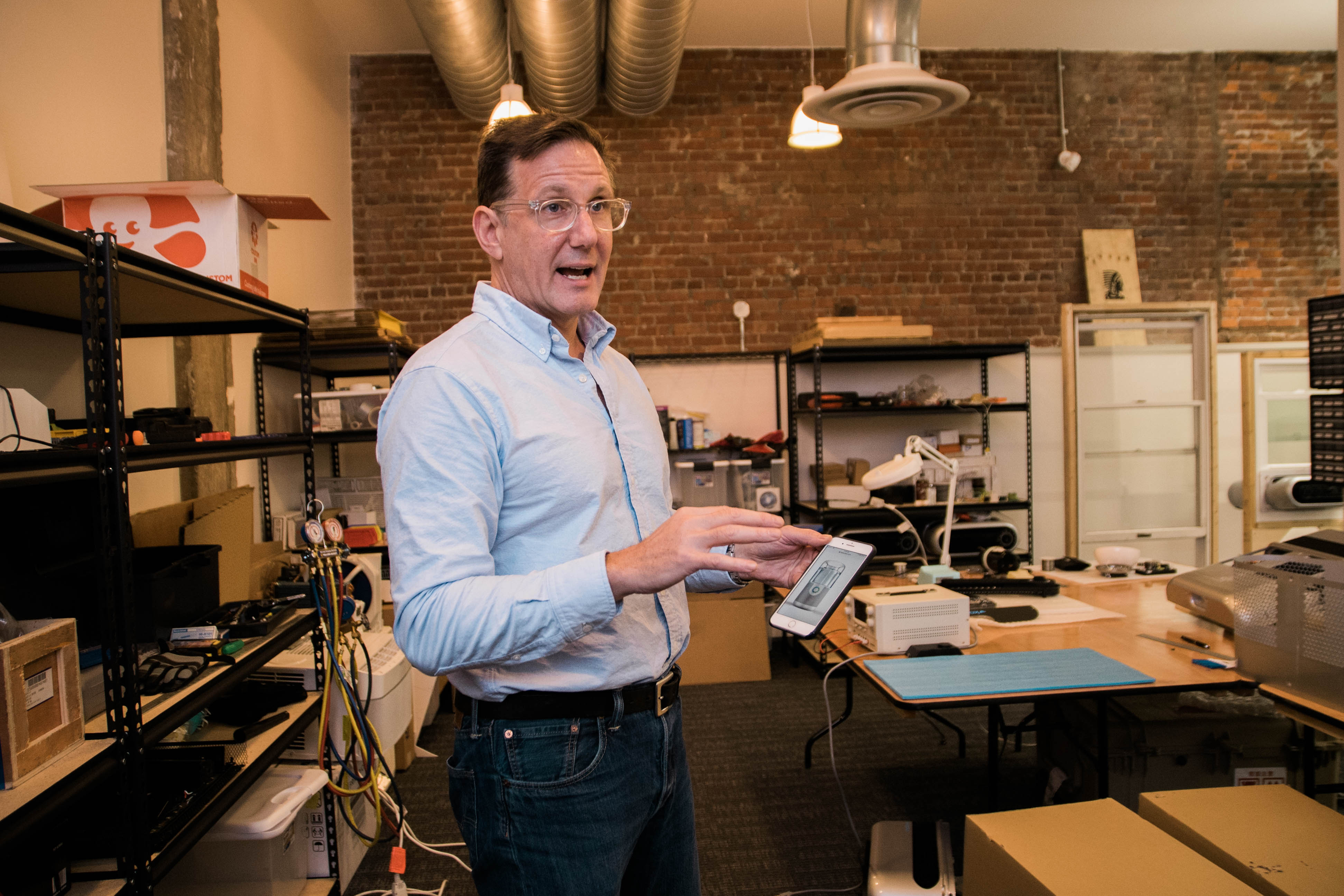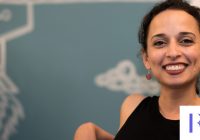January 28, 2019
An interview with Chris Myers, founder of Kapsul, a startup heating and cooling brand that is disrupting the space, starting with a sleek window-mounted air conditioning unit like you’ve never seen before.
Chris Myers was not an original founder of Kapsul, but he sure walks and talks as though it’s his baby. A seasoned entrepreneur with years of experience advising, managing, fundraising and selling companies, Chris was not exactly searching for his next venture when Kapsul came into view. Chris was just a regular consumer, surfing the web when he came across the Kapsul crowdfunding campaign.
Chris will proudly tell you he was backer #207, as it illuminates the fact that he was bought in as a customer well before there was a business opportunity at hand. Ok, maybe not well before, because Chris’s nature is to see opportunities and move them forward quickly. Chris and the founders of Kapsul, Kurt Swanson and Donald Pancoe, were on the phone talking about the business and the challenges of having the technical expertise to design great products, but not the business prowess to bring them to market. Within days the three men were discussing how to bring Chris in as the business operator and COO. He would eventually be knighted as ‘late-founder’ for his role in turning Kapsul from product design to a structured business.
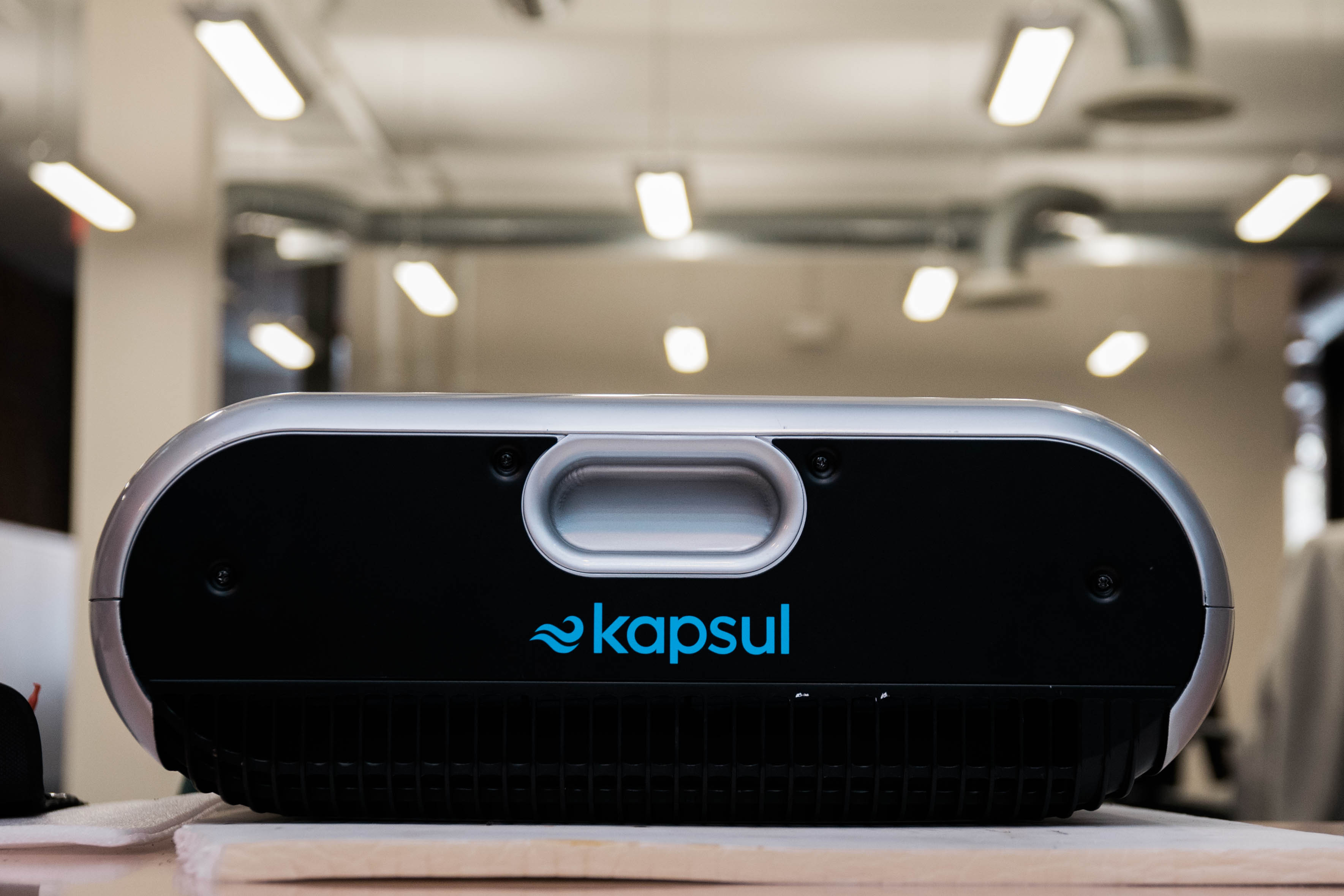
Founders
Kurt Swanson and Donald Pancoe, Chris Myers (late-founder)
Featured Product
Kapsul W5, a window air conditioning unit that is 7 inches tall and is twice as quiet as other units.
Crowdfunding
Raised $2.3MM in 2016 on Indiegogo for the Kapsul W5
Future Plans
Kapsul wants to be the all-encompassing home climate control + ioT solution, where customers can combine multiple modular heating and cooling products that all connect and are tracked and managed through home automation technology.
Status
Raising a seed round as of January 2019
The Massive Indiegogo Campaign
Fast forward a few months, and Chris is running the company like he’s been there all along. The Kapsul Indiegogo campaign that Chris had backed ended up raising a whopping $2.3M, one of the top-grossing hardware crowdfunding campaigns in history. Much like we saw with Yasmine and her team at ROAR for Good in GrowthCurve episode 12, crushing your crowdfunding goal is amazing but comes with hidden challenges, like increased attention and added pressure to deliver on time and to the level of design promised. Also, when you beat your crowdfunding campaign by 500%, it often creates a problem with your chosen manufacturing partner, who may not be built or ready to take on an order of that magnitude.
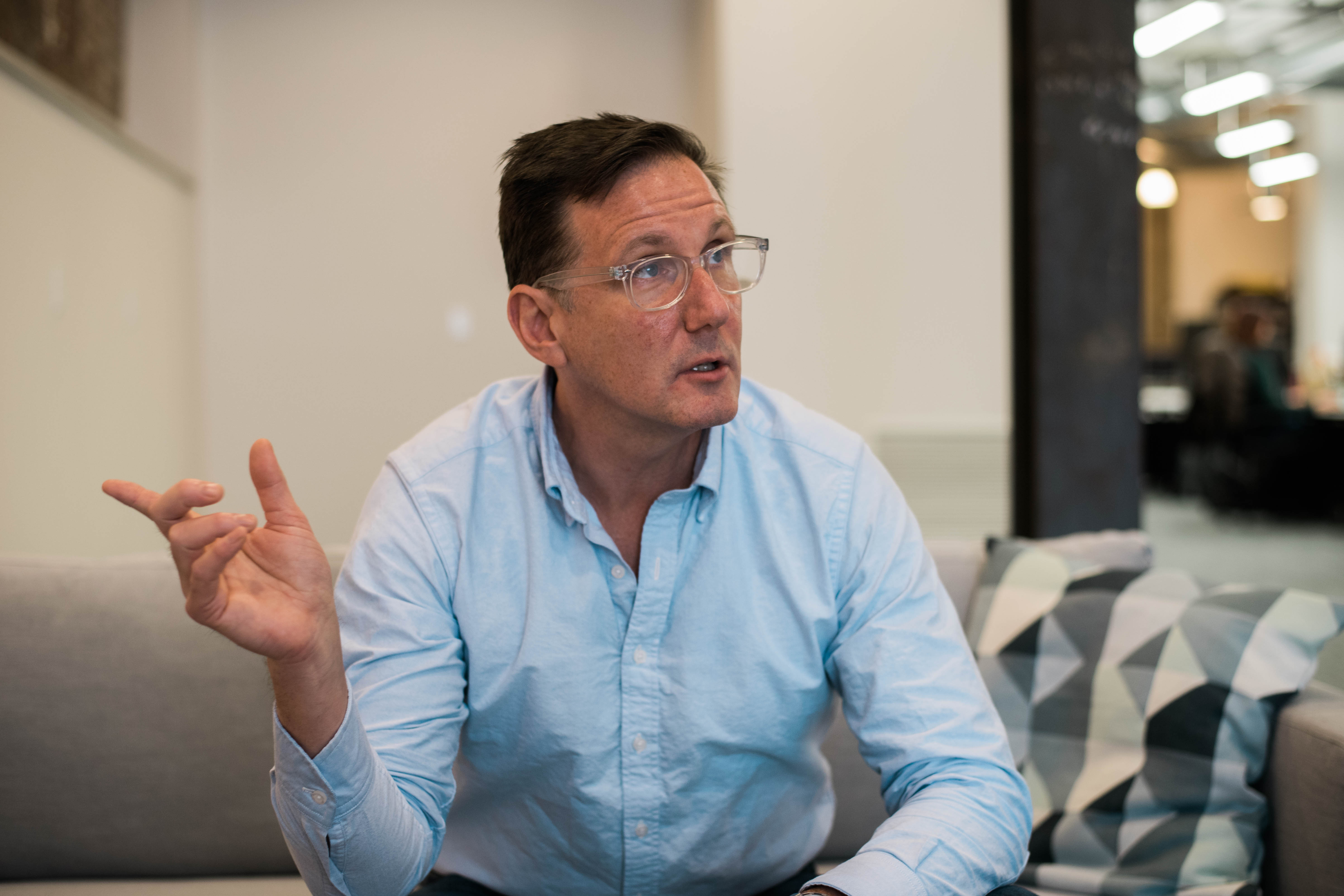
There are a lot of similarities in how Yasmine and Chris handled the challenge, and it’s not surprising, because they’ve worked together and supported each other as fellow entrepreneurs within the Philadelphia startup community. Chris actually acted as an advisor to Yasmine before taking the position at Kapsul. Both companies smashed their crowdfunding goal and then struggled to deliver their hardware product on time, albeit for slightly different reasons. Both decided to open up and share their ups and downs with their backers, showing the work that was being done along the way. Once again, it shows how transparency can win out even when you deliver your product later than promised.
How Do You Know You’ve Nailed Product-Market Fit?
I’ve seen plenty of startups launch into advertising, and spend a bunch of money, without ever establishing product-market fit. Let me be clear: there is a major difference between how you handle the marketing for an established business in a traditional industry with clear and proven customer personas and customer base and how you handle a startup in a fledgling industry or product sector that is unsure of who their customer is or should be.
Chris Myers knows this well. He comes from a background in customer acquisition and marketing and knew that their successful Indiegogo campaign was only the start. It would not automatically equal success when selling direct-to-consumer. More than anything, it was an opportunity to gather data and analyze their initial backers. This allowed them to use that data to build out assumptions, and then test those assumptions using digital marketing experiments.
Chris tested the assumptions first with social ads and landing pages, while building a nice email list for all those who wanted to receive updates on the product as it became available. Chris and his team used that list to test a pre-order campaign and specific things like the price point and USPs to see what would resonate.
The takeaway here is, Chris and the Kapsul team were taking their time and spending modestly to learn about their customers in an iterative way. He didn’t just dump fuel on the fire based on early learnings, but then again, as a hardware startup waiting for your product to launch, you don’t have a choice.
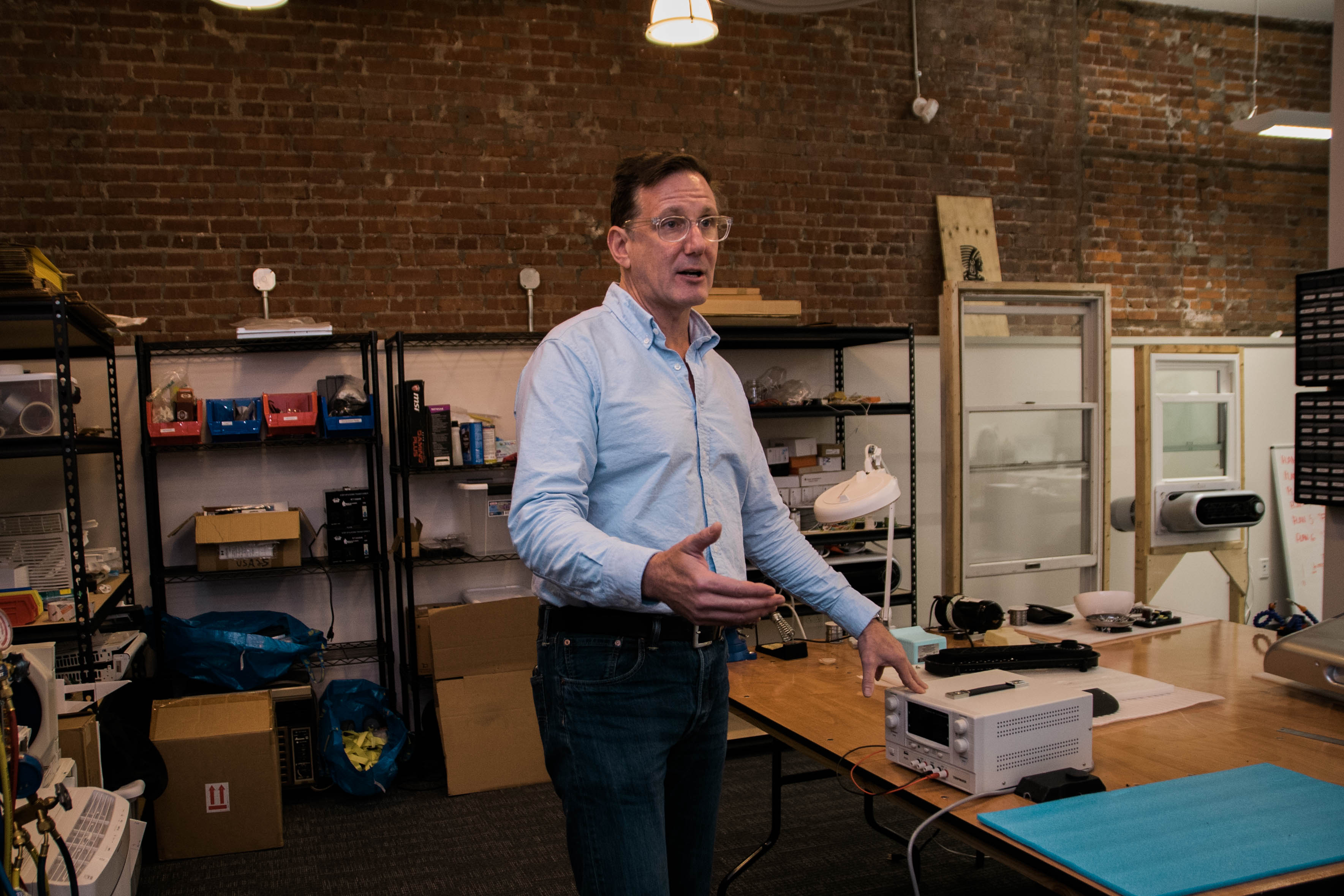
Hardware has no MVPs
Throughout the interview with Chris, I had to keep reminding myself that the product still hadn’t shipped. The way he talked about the business and strategy it often felt like they had been shipping the product for years. I suppose you become pretty close to something going through 9 design iterations, but I did have the same thought keep popping into my head… I wondered if they were falling into a dangerous trap of perfectionism during the design process.
I admit I’m not a hardware expert, but I’ve seen people tinker and tinker and wait too long. I think it’s from years of having the minimum viable product (MVP) philosophy drilled into my head that made it hard for me to accept this approach. It wasn’t until later in my conversation with Chris that I realized that this was a critical moment where Kapsul was defining its brand. MVP was not an option. Kapsul clearly would not compromise on the design of its hardware products.
“If we were willing to make it an inch taller, we would have delivered 6 months earlier. But it wouldn’t have been a Kapsul product.”
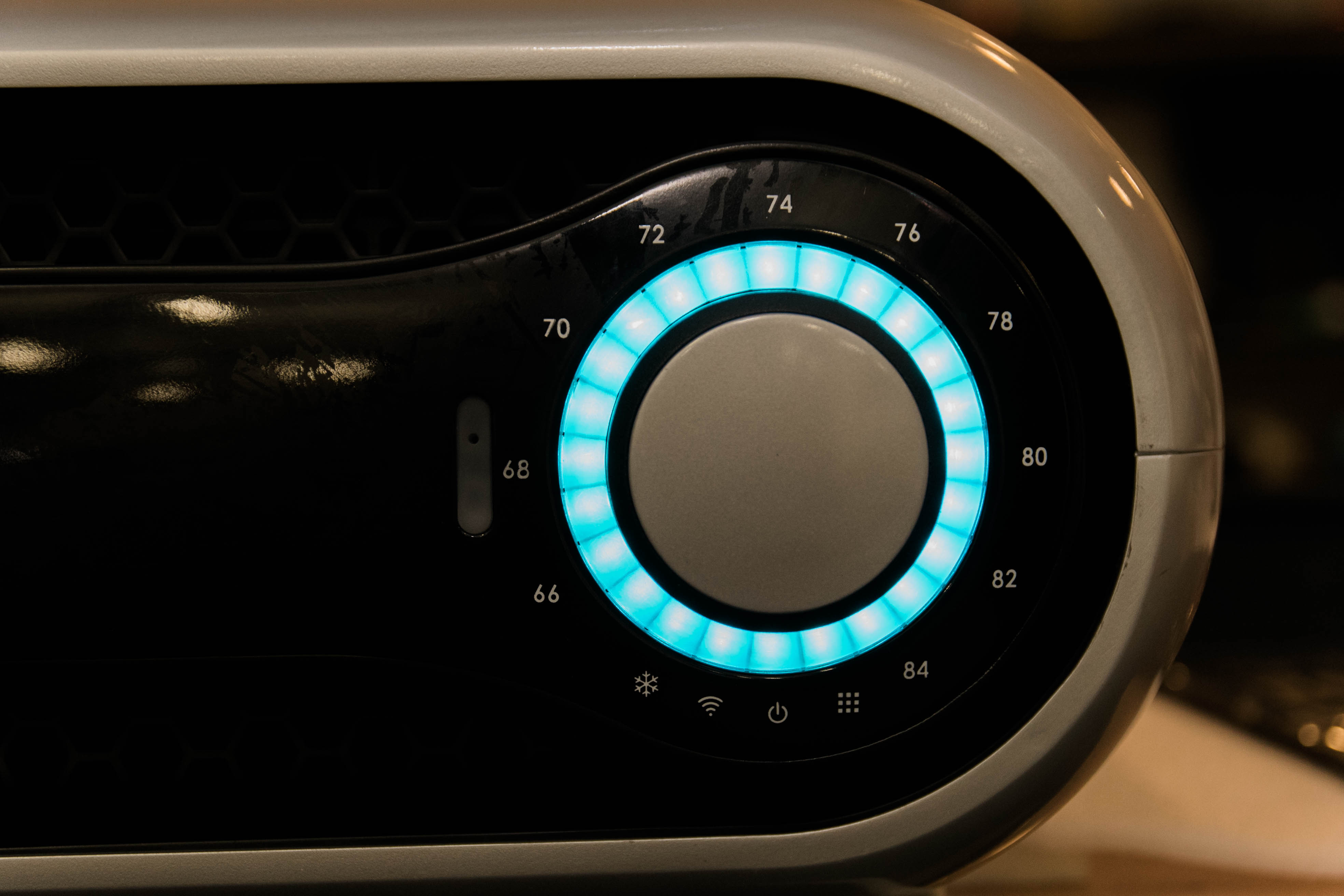
Beyond the COO Title
What I liked most about speaking with Chris, outside of his direct work with Kapsul, was learning more about his willingness to give back to others in the business and startup community here in Philadelphia. He spoke to me about his advising role for companies like ROAR for Good and Grovara and his open door policy, where he gives time to entrepreneurs who want to pick his brain. I’m a big believer in this type of altruism, especially as you develop into a more experienced member of a business community.
Kapsul has tremendous growth potential, with their mission of changing heating and cooling from the traditional full home units to a modular makeup on IOT systems. It will be interesting to see how things develop when the Kapsul W5 ships and real feedback comes pouring in. I’m sure it will be an exciting few months, and likely chaotic as well, unless the W5 truly is design-perfect. But what product truly ever is?
Newsletter
Join the GrowthCurve community.
Stay connected with all things GrowthCurve
and get updates as new episodes launch.
